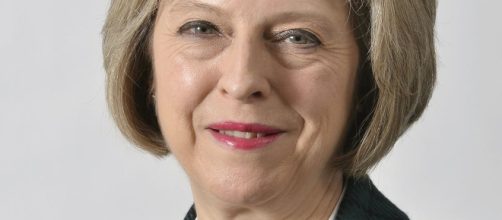When British Prime Minister Theresa May decided to hold a snap election, it seemed like a good idea at the time. The Conservative Party was 20 points ahead of Labour, mainly thanks to its leader, a certifiable lunatic named Jeremy Corbyn whose economic policy is somewhat to the left of Hugo Chavez’s and is considered by many to be a terrorist sympathizer. However, Ms. May managed to blow that lead and wind up losing her majority in parliament. She is now in talks with the Democratic Unionist Party, which won ten seats, to form a Coalition Government.
Here are some takeaways.
Whatever happens, Theresa May’s days are numbered
The betting among political observers is that May will be able to form a government with the DUP, a small, Protestant Union party based in Ulster. But any British prime minister who has failed as thoroughly as May cannot remain long in power. The Tories, however, will wait a few weeks or so before having a leadership fight. While no one outside the Conservative Party can predict the outcome of such a struggle, the odds on favorite is Boris Johnson, the current foreign secretary.
Jeremy Corbyn has a stronger position, but he will never be prime minister
Corbyn padded his total parliament membership on the strength of young people, who voted two for one Labour.
He also benefited from the collapse of the Scottish Nationalist Party, still smarting from the defeat of the independence referendum. But his views are so far out of the mainstream (think of Corbyn as Bernie Sanders on angel dust) that he cannot become prime minister. His idle boasts of forming his own government are laughable. Even if the Liberal Democrats were disposed to join such a coalition, the math is simply not there.
The end of Scottish Independence
The other story of the British elections, aside from Theresa May’s Epic Fail, was the collapse of the Scottish Independence Party, with Labour taking some seats, but others actually going to the Conservatives and the Liberal Democrats. The hope of a second referendum for Scottish independence, driven by Brexit, is dead for the foreseeable future.
Long-term implications
The Tory lead coalition government is going to have a fragile majority, so the chances of another election happening sooner rather than later are pretty good. The Conservatives have to find a way to appeal to young Britons, though countering the appeal by Corbyn for free stuff is going to be tough. The Tories need a charismatic populist who can stir a little excitement while at the same time advancing a more sensible economic policy.


